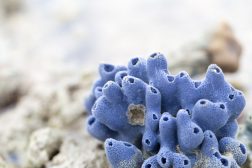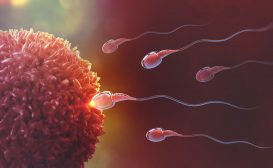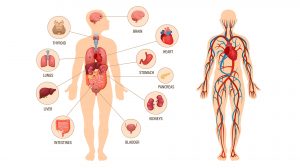Labour
(Science: obstetrics) The act of giving Birth to a baby. There are four stages:
The first stage lasts from the onset of labour until there is full dilation (10 cm.) of the cervical os (opening). The first stage of labour is also called the stage of dilatation.
The second stage lasts from the full dilatation of the cervix until the baby is completely out of the birth canal and has been born. The second stage of labour is also called the stage of expulsion.
The third stage lasts from birth of the foetus through expulsion or extraction of the placenta and membranes (afterbirth). The third stage of labour is also called the placental stage.
The fourth stage is the hour or two after delivery when the tone of the uterus is established and the uterus contracts down again.
Dictionary > Labour
You will also like...

Primitive Animals
Life, as we know it today, is presumed to have started in the sea and many of them were likely eukaryotic animal-like or..

Fish
The sea was teeming with life. Eventually, through reproduction and continued variation, fish came about. There are over..

Homeostatic Mechanisms and Cellular Communication
Homeostasis is the relatively stable conditions of the internal environment that result from compensatory regulatory res..

Human Reproduction and Fertilization
For human species to obviate extinction, reproductive mature adults should be producing viable offspring in order to con..

Photosynthesis – Photolysis and Carbon Fixation
Photosynthesis is the process that plants undertake to create organic materials from carbon dioxide and water, with the ..

The Human Physiology
Physiology is the study of how living organisms function. Thus, human physiology deals specifically with the physiologic..

